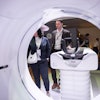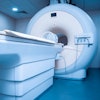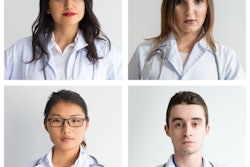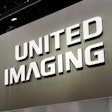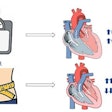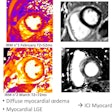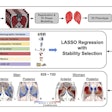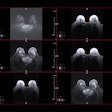
A new European Society of Radiology (ESR) survey of trainees has revealed some serious shortcomings and highlighted the scale of the disruption they've endured as well as the lack of financial and emotional support in some countries.
Based on 249 responses from 34 nations, the results were published on 9 November by Insights into Imaging. Turkey and Poland provided the most responses to the survey (41 and 21 respectively). Between 10 and 20 replies were received from the Netherlands, Estonia, Germany, Romania, Czech Republic, Denmark, Portugal, France, and Greece.
The findings confirm that many trainees have suffered loss of salary and cancellation of exams, and often counseling was not available. Perhaps most worryingly of all, no training on COVID-19 was offered to more than half (130) of the participants. For those who received COVID-specific training, this tended to focus more on disease diagnosis and safety measures and less on clinical management, as shown below.
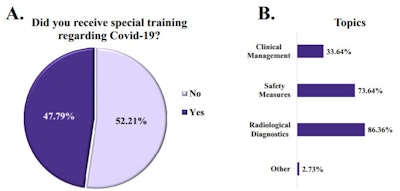 Responses to questions on the COVID-19 training offered to younger radiologists. The questions assessed whether the trainees received special training (A) and what type of training it was (B). Figures courtesy of Insights into Imaging.
Responses to questions on the COVID-19 training offered to younger radiologists. The questions assessed whether the trainees received special training (A) and what type of training it was (B). Figures courtesy of Insights into Imaging.A total of 172 (75%) participants received information on the clinical and radiological features of SARS-CoV-2 infection through online webinars, and 152 (66%) of them reported that they were educated by online international sources. A smaller number (106, 46%) mentioned that they were educated by European online publications, whereas 90 of them also read local or national newspapers. National or hospital guidelines provided information about the disease to 138 (60%) of the participants.
Around half of the respondents reported that either themselves or their colleagues had been infected by the virus, and 14% said they did not have access to the required safety equipment while dealing with COVID-19 patients. Over half of participants had no access to mental health resources.
Lack of supervision and feedback
Supervision was seriously affected by the pandemic, the authors continued. Nearly 40% of the participants said that they received limited or delayed feedback, and 17% got no feedback on their work.
More than 87% of trainees were not given the opportunity to switch from clinical work to research, and 13 of them reported that their training had been suspended because of COVID-19 -- either with (31%) or without salary (38.5%), or they asked to take vacation/yearly holiday leave (7.7%) or sick leave (23%).
Over 85% (196 participants) said they were not redeployed to other specialities. Those trainees who were redeployed were asked to work in COVID-19 clinics, infectious disease departments, intensive care units, and emergency departments.
The pandemic had a major impact on compulsory residency examinations. A total of 49 participants had the exam date postponed and subsequently the duration of their residency extended, and 26 participants had the exams changed to an online format. Another 62 (33%) responders mentioned that no examinations were allowed during the pandemic.
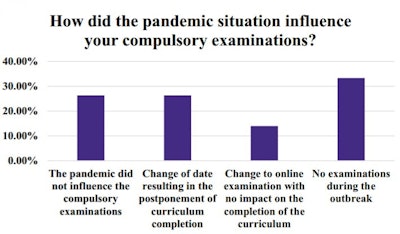 The impact of the pandemic on compulsory examinations.
The impact of the pandemic on compulsory examinations.On a more positive note, several onsite European Diploma in Radiology (EDiR) e-examinations have been carried out in Croatia, France, Italy, Poland, and countries outside Europe. The European Board of Radiology (EBR) has developed a software tool to conduct e-examinations in collaboration with professional societies, scientific institutions, and other specialty sections.
"The ongoing SARS-CoV-2 outbreak has significantly affected all aspects of postgraduate radiology training across the ESR member countries," the authors concluded. "Identification of these affected areas will assist in the development and implementation of mitigation measures and the preparation for potential future resurgences of SARS-CoV-2 or alternative similar situations."
The authors of the Insights into Imaging article were Dr. Michail Klontzas, PhD; Eoin O'Malley, PhD; Dr. Saif Afat; Dr. Viktoria Pozdniakova; Dr. Martina Pecoraro; and Dr. Martin Reim (ESR Radiology Trainees Forum Subcommittee Members); and Dr. Carlo Catalano and Dr. Minerva Becker (ESR Education Committee).
